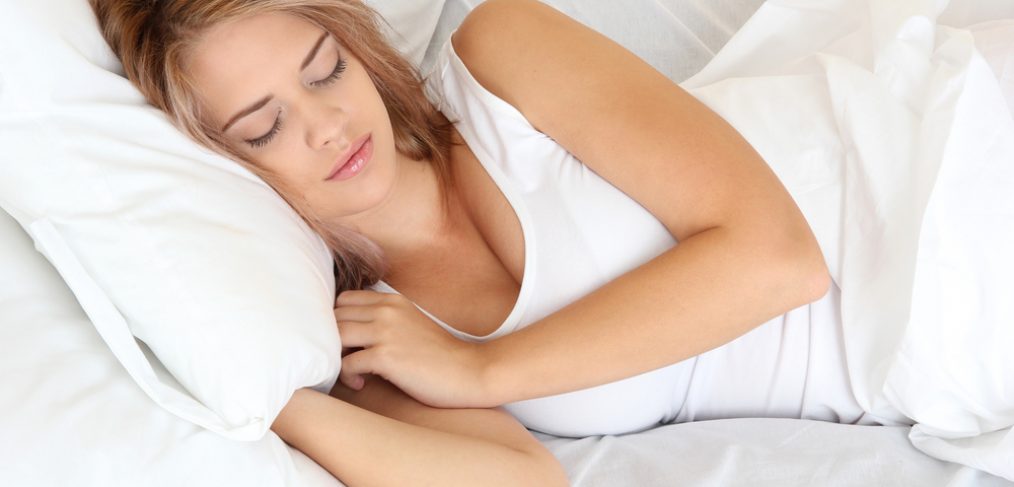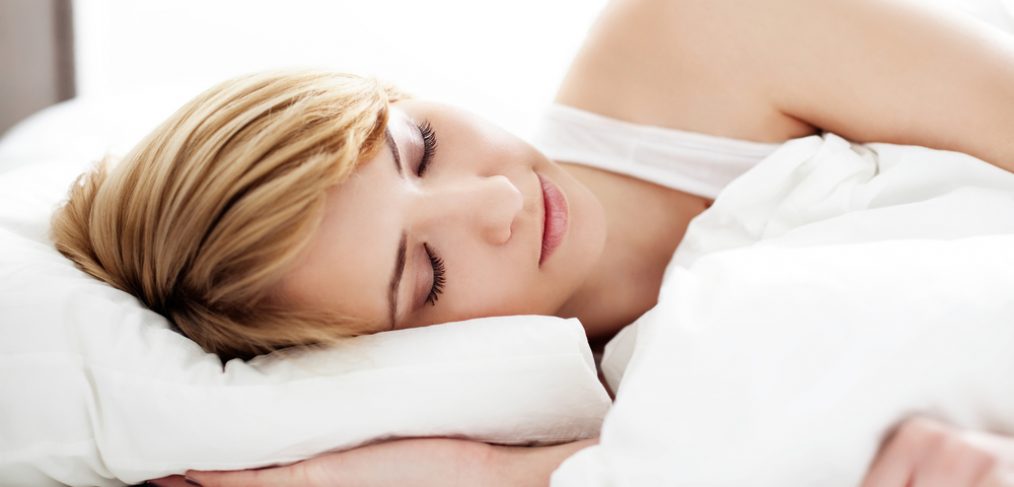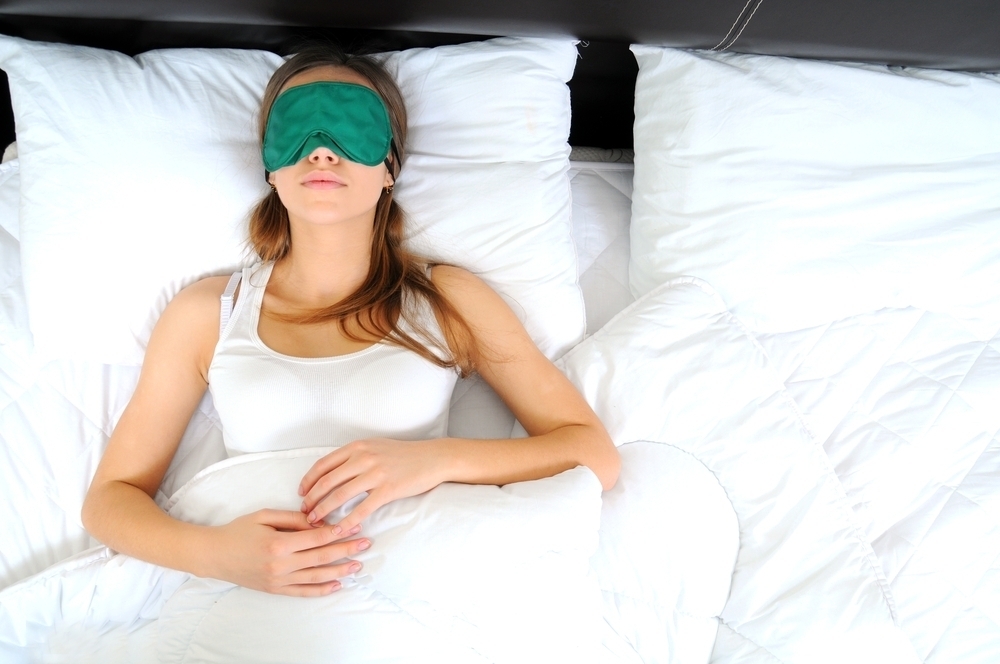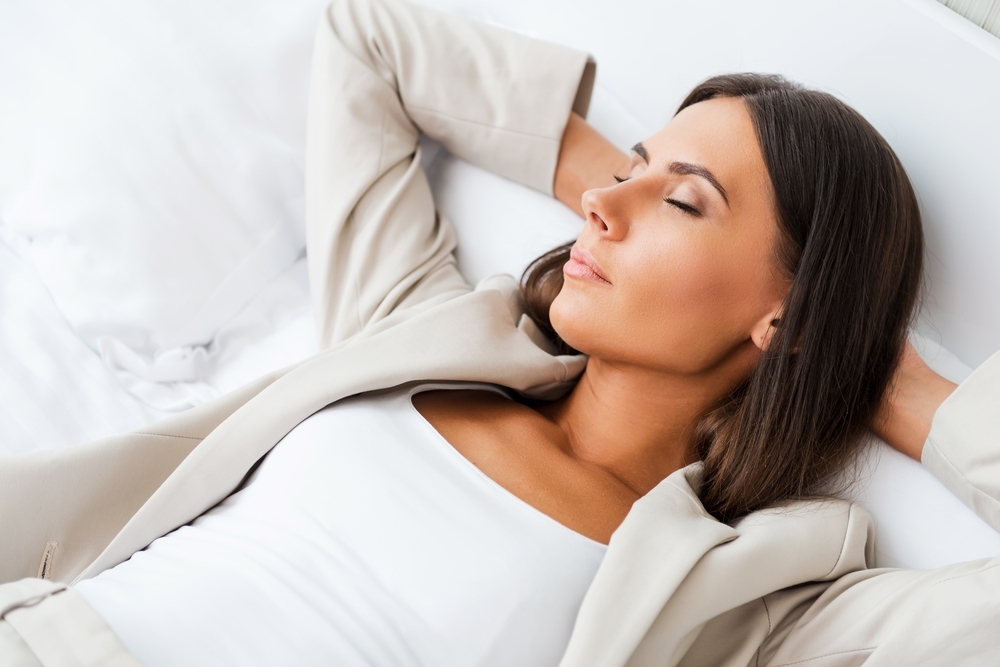If you are, or were, an avid watcher of the sitcom Seinfeld, you may recall an episode in which Jerry is tortured by the neon light from a chicken restaurant which shines into his apartment and disturbs his sleep. You may recall him sliding into his own apartment after a night spent at Kramer’s and announcing,”I’m on no sleep! No sleep!” He then proceeds to go into a mini-tirade about how everything is “creaking and cracking in there” and the red light is, “burning his brain.” He finishes when Elaine comments that he seems stressed by replying, “Oh, I’m stressed.”
We hear you, Jerry, sleep deprivation is no fun for any of us, and it can be dangerous and affect your mood, judgment, and health. If you’re pushing it to the limit when it comes to catching zz’s, here are risks that you may be exposing yourself to.
Short Term Affects Of Sleep Deprivation
- Poor performance and decreased alertness. Every little bit matters, Studies show that reducing sleep by as little as 90 minutes per night can cause a loss of alertness of up to 32 percent.
- Memory and cognitive impairment. Feeling out of it? Lack of sleep can lower the ability to process information and to think.
- Relationship stress. One partner’s sleep problems often become the other partner’s sleep problems. Sleep disruption can lead to fights, irritability, and sometimes, separate bedrooms.
- Lower quality of life. If you have trouble staying alert, you may find it difficult to enjoy movies, sports games and watching tv.
- Job related injury. Sleepiness can double your risk of injuring yourself on the job, sometimes leading to more long-term consequences.
- Injury while driving. According to the National Highway Safety Traffic Administration, driving while drowsy has been the cause for at least 100,000 automobile crashes, 71,000 injuries and 1,550 fatalities per year.
Long Term Effects
The short-term effects of sleeplessness can usually be reversed after treatment, however, there are some longer lasting effects which may be more difficult to deal with. These include psychiatric problems, stroke, obesity, ADD, high blood pressure, heart attack, stroke, and obesity. Studies show the risk of mortality is higher for those who sleep less than 6-7 hours per night with one study finding that insomnia is a greater health risk than smoking. Lack of sleep is also an accurate predictor of institutionalization during old age, and triples the rate of mortality in elderly men.
Sleep Disorders
It is worthwhile to note that much of sleep deprivation is due to sleep disorders. According to the American Sleep Disorders Association, there are over 85 sleep disorder which affect more than 70 million of Americans with only 10% of them recognized by primary care physicians. Chronic snoring can often be a sign of sleep apnea, as well as heart and brain related diseases. Patients with sleep apnea have a 15 time greater risk of automobile accidents than those without the condition and have been known to be on a par with drunk drivers in terms of driving ability.
If you feel you suffer from a lack of sleep, we especially value your comments. Increased awareness is crucial to avoiding unnecessary suffering. If you feel you may have a sleep disorder, we urge you to contact a physician. Know that there is a wide range of treatments available.








